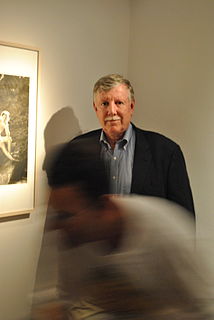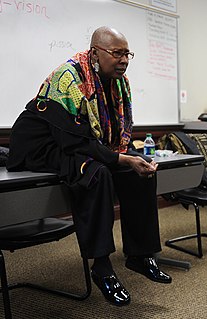A Quote by Frank Moore Cross
I prefer to have all of this apparatus - historical, literary, critical - and then, beyond initial innocence and naiveté, to try to achieve a new innocence, a new naiveté.
Related Quotes
The innocence of those who grind the faces of the poor, but refrain from pinching the bottoms of their neighbour's wives! The innocence of Ford, the innocence of Rockefeller! The nineteenth century was the Age of Innocence--that sort of innocence. With the result that we're now almost ready to say that a man is seldom more innocently employed than when making love.
At that time, I was still in an experimental stage, trying to blend Western drawing techniques and Chinese brushwork together. It was harder for me back then... But that piece is special and important, because it represents vigilance and innocence; the kind of precious innocence only present at the beginning of a new artistic exploration.
There are no moments more painful for a parent than those in which you contemplate your child's perfect innocence of some imminent pain, misfortune, or sorrow. That innocence (like every kind of innocence children have) is rooted in their trust of you, one that you will shortly be obliged to betray; whether it is fair or not, whether you can help it or not, you are always the ultimate guarantor or destroyer of that innocence.
An empirical philosophy is in any case a kind of intellectual disrobing. We cannot permanently divest ourselves of the intellectual habits we take on and wear when we assimilate the culture of our own time and place. But intelligent furthering of culture demands that we take some of them off, that we inspect them critically to see what they are made of and what wearing them does to us. We cannot achieve recovery of primitive naïveté. But there is attainable a cultivated naïveté of eye, ear and thought.
































